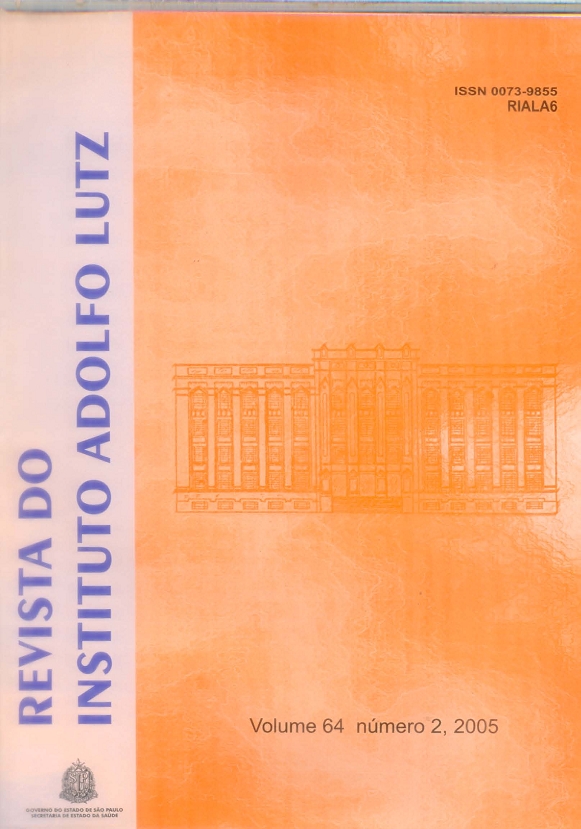Resumo
Neisseria meningitidis is a human pathogen for which no fully effective vaccine is avaliable. Meningococcal vaccines currently approved for use in humans are made from purified capsular polysaccharides. Such vaccines are effective against serogroups A and C, although in the United States, a quadrivalent vaccine containing four types of meningococcal serogroups A, C, Y, and W-135) is effective among people over two years of age. Unfortunately, such capsular polysaccharide vaccines present limitations as they have no effect on children younger than two years and the immune response is short-lived in older children and in adolescents. Development of a vaccine against serogroup B poses an enormous problem due to the similarity between the B capsular polysaccharide structure and a polysialic acid containing glycopeptides that are part of the human brain tissue, raising the possibility of occurrence of autoimmunity. Promising studies have been conducted on the development of a vaccine based on N. meningitidis outer membrane proteins (OMPs). The major OMPs N. meningitidis are designated from class 1 through class 5. However, OMP vaccines are weak antigens in infants. In an effort to establish efficient immunization in infants, we here tested a vaccine consisting of purified class 5C protein from one reference Neisseria meningitidis serogroup B and different adjuvants. This study aimed to investigate adjuvants such as Bordetella pertussis, cholera toxin and LPS (L8 and L379) to asses the modulation of the immune response against this protein admnistered by intranasal route to newborn/ young and adult BALB/c mice. IgG, IgM, IgA were evaluated by ELISA and Immunoblotting. As indicator of protective immunity, avidity index and bactericidal serum activity assays were performed. The sera from immunized animals showed IgG and IgM with high and intermediary avidity indexes that showed good correlation with the bactericidal serum activity.
All the adjuvant used were capable to increase the immune response against the class 5C protein. However, LPS was more effective for use in adult mice, while B. pertussis showed better results in neonate/ young mice. The intranasal route was adequate to administer the antigen in order to sensitize efficiently the cells of the immune system that were stimulated quickly by intramuscular route of immunization. The data suggest that the class 5C protein is important in the induction of mucosal immunity for the Neisseria meningitidis B.

Este trabalho está licenciado sob uma licença Creative Commons Attribution 4.0 International License.
Copyright (c) 2005 A. M. dos S. Carmo
